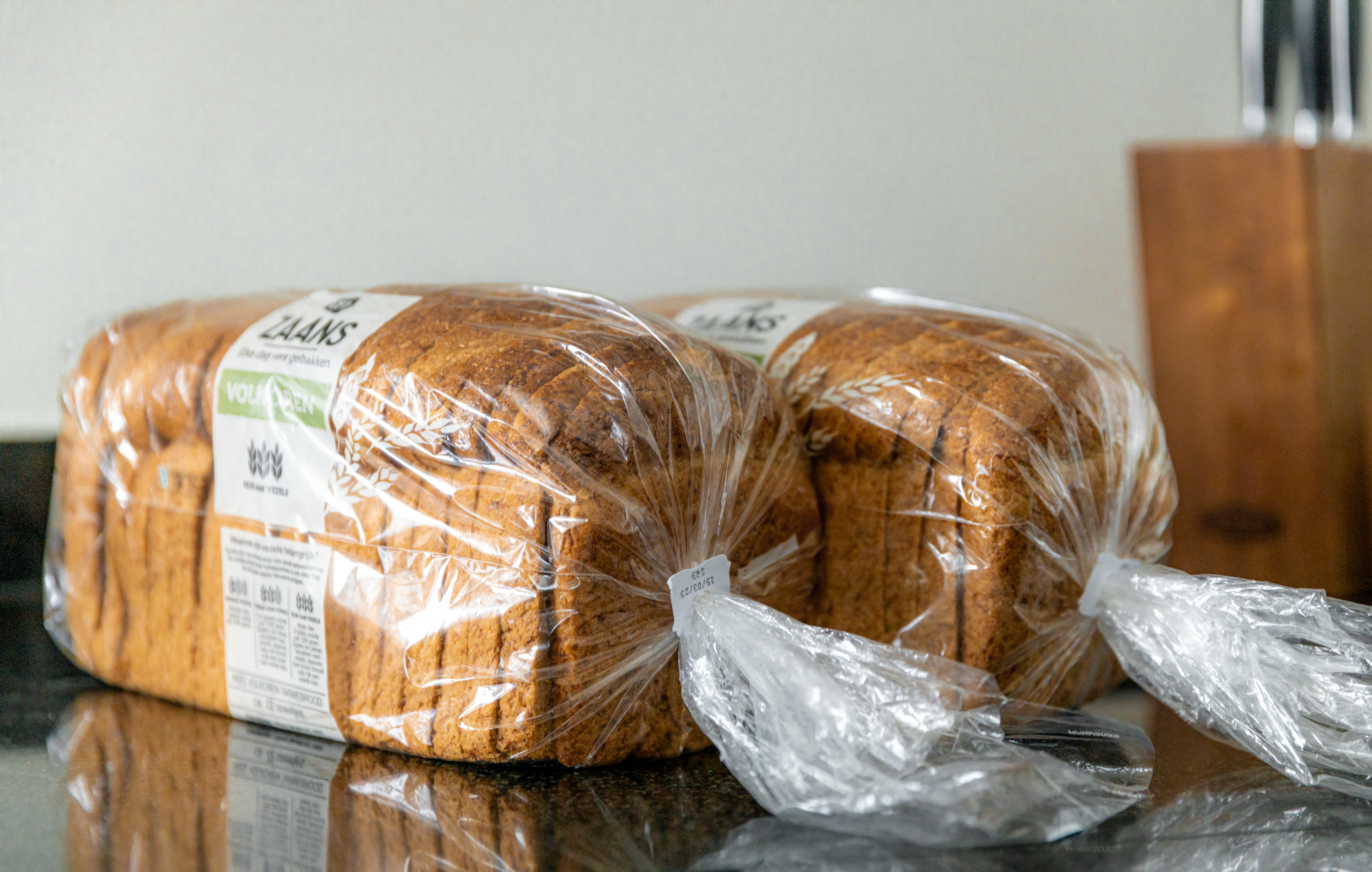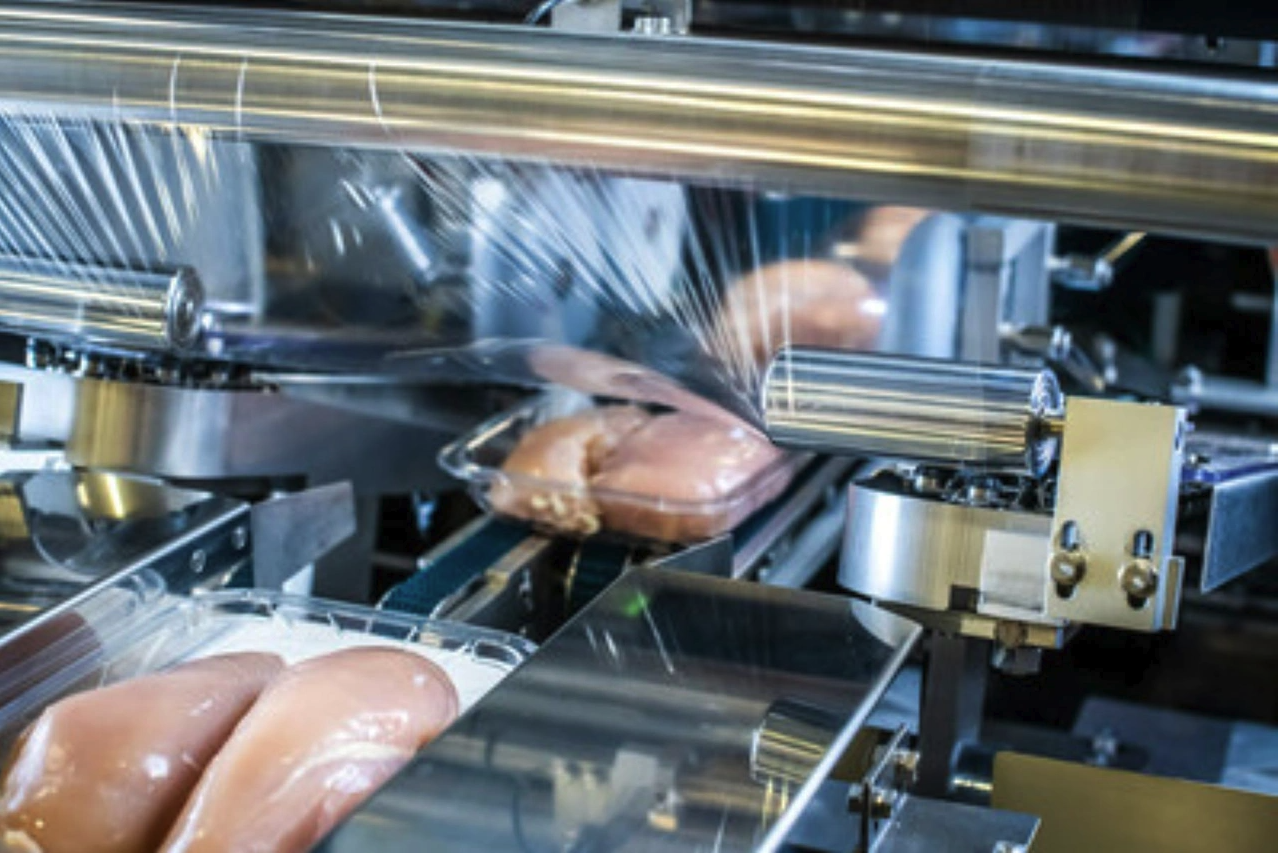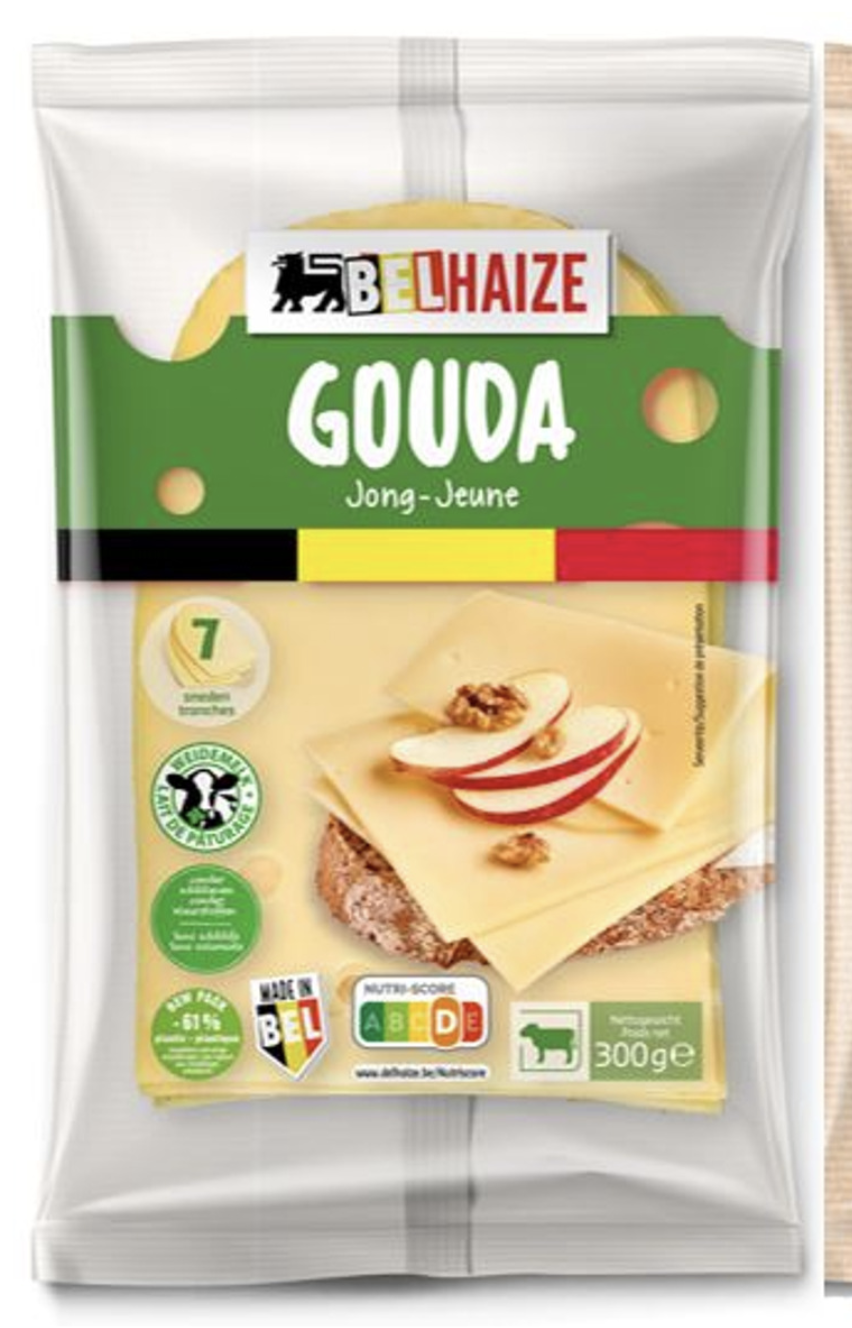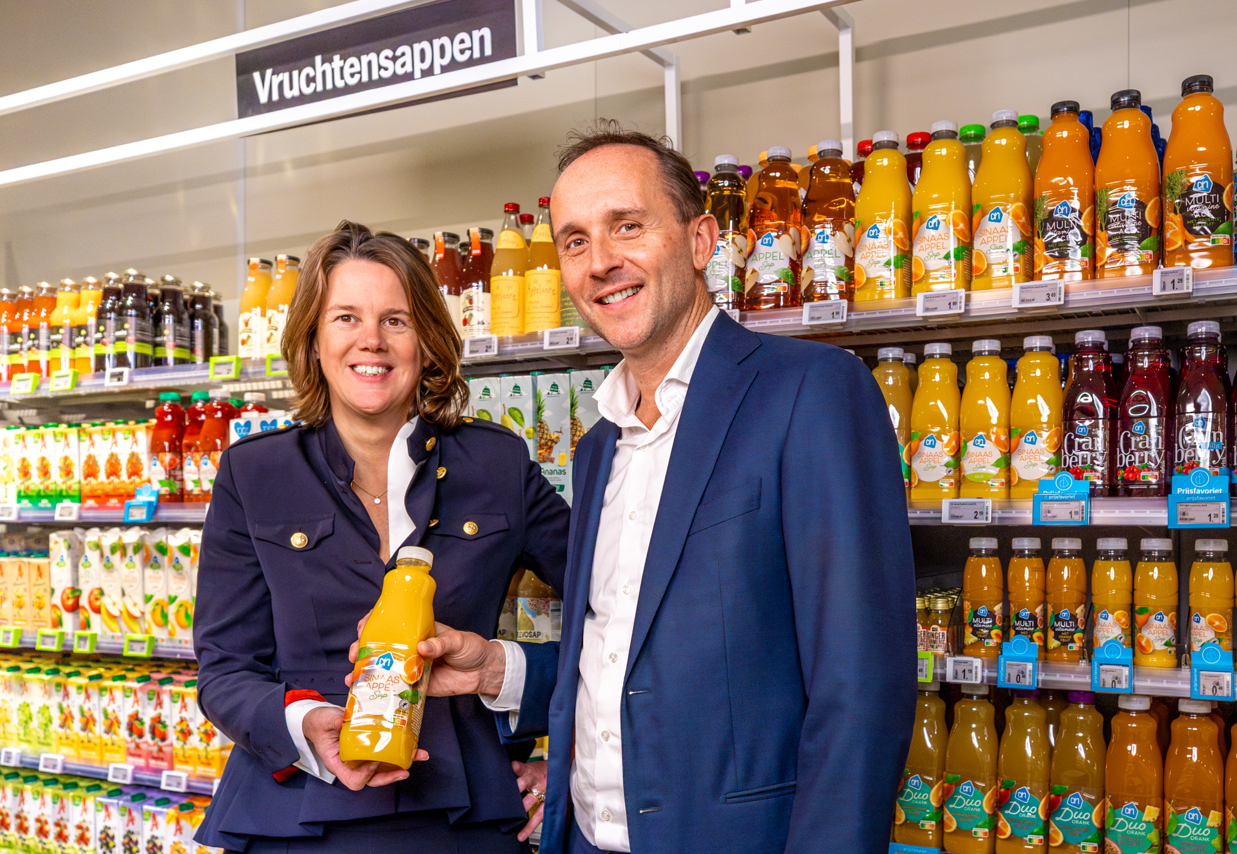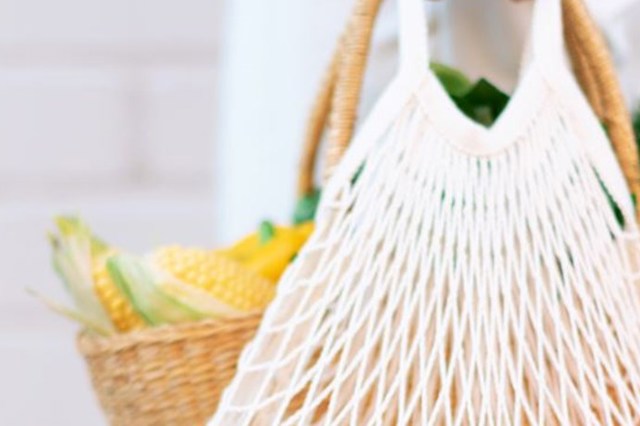
Plastic Waste
Across the globe, millions of tonnes of plastic end up in landfills, burned or leaked into the environment – and that amount is rising every year. Our brands continue to improve their own-brand product packaging by switching to more environmentally friendly materials or reusable packaging, eliminating unnecessary plastic packaging and increasing the use of post-consumer recycled content. We follow a clear framework focused on moving towards a more circular system by reducing, reusing and recycling the packaging materials we use.
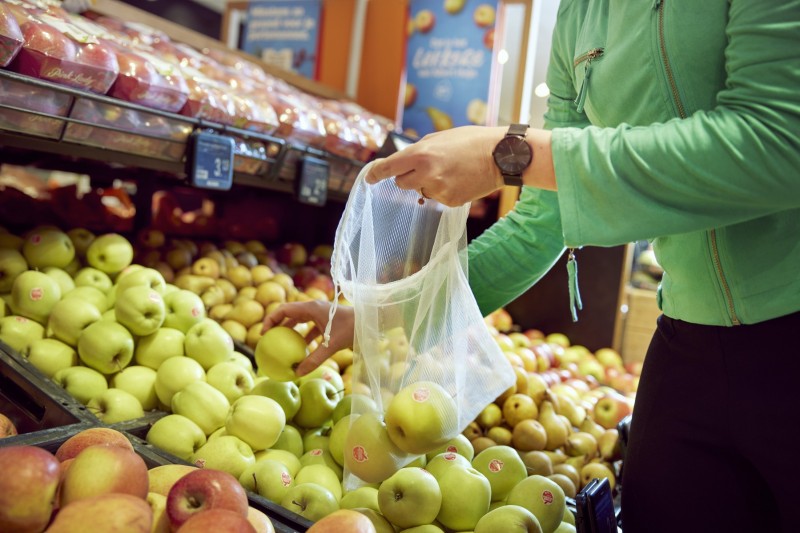
Across the globe, millions of tonnes of plastic end up in landfills, are burned or leak into the environment – and that amount is rising every year. Ahold Delhaize is committed to moving to a more circular system to reduce the negative impacts of plastic product packaging.
Our brands continue to improve their own-brand product packaging by eliminating unnecessary plastic, switching to reusable and/or recyclable packaging, and increasing the use of recycled content in own-brand plastic packaging. In doing so, we follow the methodology of the Ellen McArthur Foundation (EMF) Global Commitment to move toward a more circular system and to assess the recyclability of own brand primary product packaging.
We pledged to eradicate plastic waste and pollution at the source through the New Plastics Economy Global Commitment (“The Global Commitment”) in 2018. The Global Commitment has united more than 500 organizations behind a common vision of a circular economy for plastics. Driven by the goal of tackling plastic pollution at its source, companies representing 20% of all plastic packaging produced globally have committed to ambitious 2025 targets to help realize this vision. The Global Commitment is led by the Ellen MacArthur Foundation, in collaboration with the UN Environment Programme. Through the Global Commitment, businesses and governments commit to changing how we produce, use and reuse plastic. The organizations are working to eliminate the plastic items we do not need; innovate so all plastic we do need is designed to be safely reused, recycled or composted; and circulate everything we use to keep it in the economy and out of the environment.
In addition, we work with several organizations to find and create solutions for sustainable packaging. For example, we collaborated with the Packaging Waste Fund Foundation to research the viability of PET tray recycling at Albert Heijn. We also worked together with Fost Plus in Belgium to look at ways of increasing recycling rates and removing plastics that disrupt recycling. In addition, some of our brands are members of national plastic pacts that are implementing solutions towards a circular economy for plastic. For example, Albert Heijn is a member of the Dutch Plastics pact, while Ahold Delhaize USA is a member of the U.S. Plastics Pact. Moreover, Ahold Delhaize USA is a member of the Sustainable Packaging Coalition, a membership-based collaborative that believes in the power of industry to make packaging more sustainable.
More information can be found in the section 'sustanability statements - environmental information' of our Annual Report 2024, starting on page 148.
